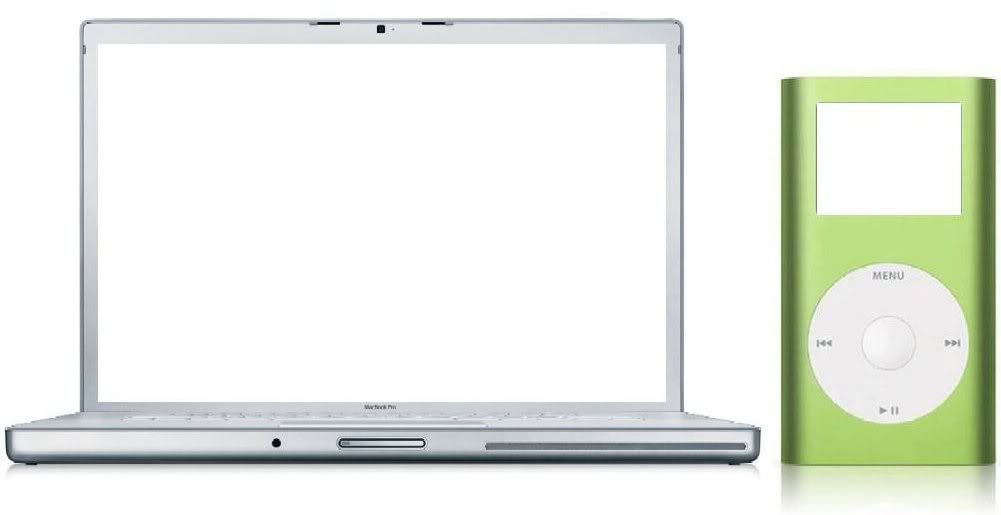Hidden Nook
"Because in Cyberspace, no one can hear you scream."
Monday, May 02, 2005
NASA Testing Artificial Gravity
[Media Source*]
NASA will use a new human centrifuge to explore artificial gravity as a way to counter the physiologic effects of extended weightlessness for future space exploration...
"The Vision for Space Exploration includes destinations beyond the moon," said Dr. Jeffrey Davis, director of JSC's Space Life Sciences Directorate. "This artificial gravity research is an important step in determining if spacecraft design options should include artificial gravity." he added.
Micro-gravity, although a unique sensation to experience can be harmful to the body long term as gravity generally helps keep you muscles and bones strong and a lack of it for a season can be harmful to the body. NASA and any other company desiring to fly in space should seriously consider adding some type of gravity to their craft (even if it just a small "gravity room" onboard) as it would not only make flight more enjoyable but ensure that our astronauts are not too weak to perform the required duties once they reach Mars or any other distant body in space.
Finding inexpensive ways to speed up space travel would help out as well.
Dr. Benford and his brother James were testing a very thin carbon-mesh sail, using microwaves as the energy source for propulsion. Unexpectedly, the sail experienced a force considerably greater than predicted. They theorized that the heat from the microwave beam was causing carbon monoxide gas to escape from the sail's surface; the recoil from the escaping molecules provided what could be a useful adjunct to the propulsive force experienced by light sails.
They believe that by beaming microwave energy up from Earth to boil off volatile molecules from a specially formulated paint applied to the sail will provide enough added force to propel a spacecraft to Mars in record time. "It's a different way of thinking about propulsion," Gregory Benford says. "We leave the engine on the ground." Their research will be published this month in the journal Acta Astronautica.
Deutsch ⢠Español ⢠Français ⢠Italiano ⢠Portugese ⢠æ¥æ¬èª ⢠íêµ â¢ æ±è¯
Comment Policy: Comments posted here do not necessarily reflect the views of this site or the authors, and are the legal responsibility of the original commenter. Intelligent opinions welcome. Comment here.
By Darnell Clayton ⢠2:14 PM ⢠Email Post ⢠â¢
Enter your email address below to subscribe.
Button Membership
















Important Information
View Blog Stats
Plus 10,667 hits before August 12, 2005

This work is licensed under a Creative Commons Attribution 2.5 License.
Opinions expressed here do not reflect the views of anyone that I work with, for, or associate with in any manner.



